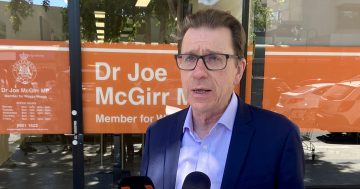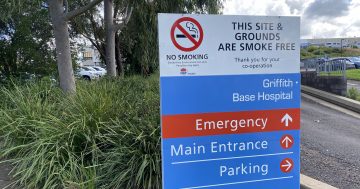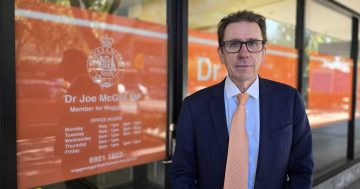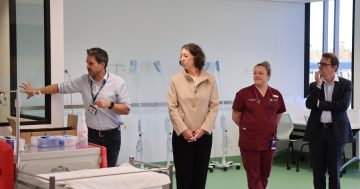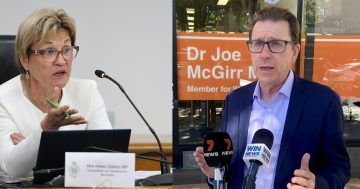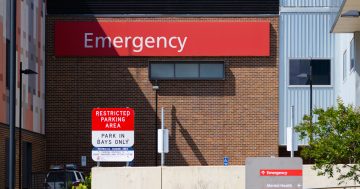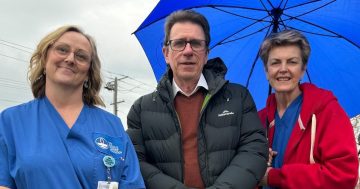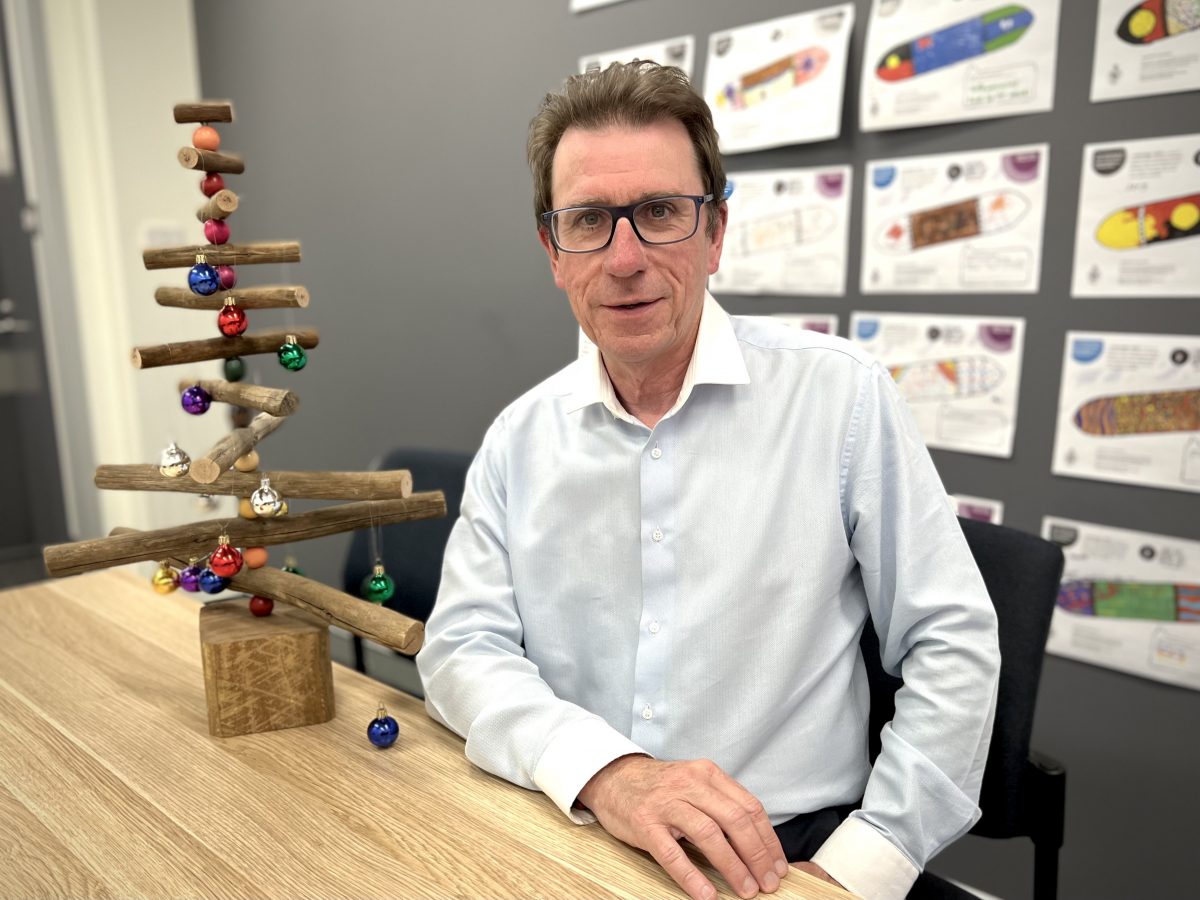
Member for Wagga Wagga Dr Joe McGirr. Photo: Chris Roe.
Independent Wagga MP Dr Joe McGirr has renewed his calls for the establishment of a specialist rural health department, arguing the new body could devise targeted solutions to address a chronic shortage of specialists across the Riverina.
Dr McGirr responded to a Region article highlighting Riverina families waiting up to six months for an appointment with allied health professionals, such as psychologists, occupational therapists and speech therapists. He said while his Wagga community had done a good job increasing the number of specialists in the town, smaller rural towns were struggling.
“When I came here as a junior doctor some 40 years ago, there were less than 20 specialists,” he said. ”There are now more than a hundred and growing.
“I am incredibly proud of the progress that we have made as a community.
“The NDIS [National Disability Insurance Scheme] has made a real difference to the availability of allied health services – it has attracted a significant number of private health professionals. However, the situation in other parts of rural and regional NSW is not nearly as good.
“That is why we need a new rural health plan and a separate rural health department. Because the metro approaches do not work for the regions.
“The best results are when the local community actively works with the health services and expresses their needs rather than be told what they are by bureaucrats in Sydney, and the bureaucracy listens to and works with the community.
“Unless there’s a mindset that says ‘we need rural solutions’, we’ll get the same approaches that have been tried and failed for the last five years.”
The town of Griffith recently lost its last remaining locally based occupational therapist (OT). The situation is so dire that the volunteer-run Griffith Autism Support Group (GASG) collects donations itself to raise money to pay for flights, equipment and office rent so that a Sydney-based OT can visit the town once a month.
Dr McGirr, a surgeon with more than 30 years’ experience in the rural health sector, described this as “ridiculous”.
He backed calls by GASG president Dene Beltrame to increase incentives to attract allied health specialists to small towns.
“An incentive scheme is a critical component of getting specialists to rural areas,” he said.
“The state and commonwealth ought to be working together better [to address this issue].”
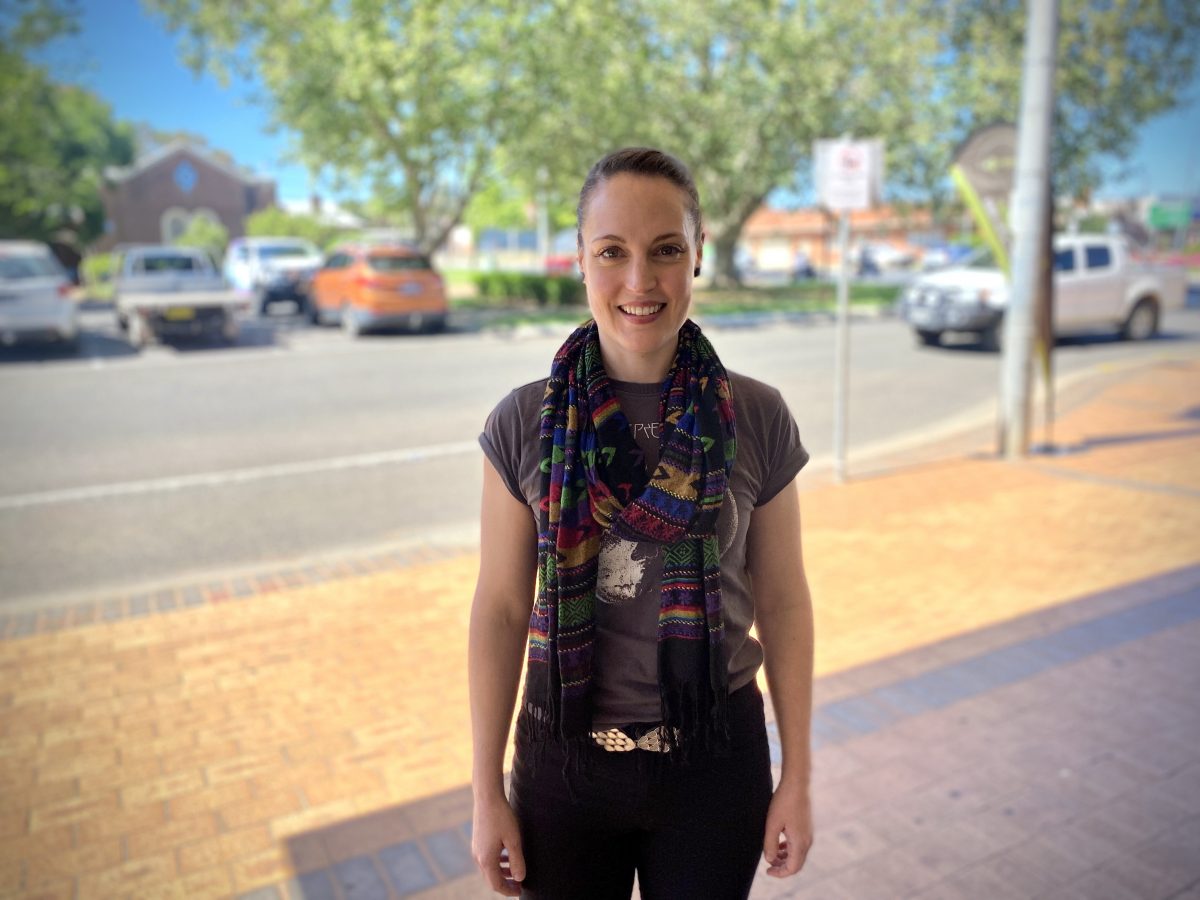
Sydney-based paediatric OT Dagney Hopp, who the GASG supports to come to Griffith. Photo: Oliver Jacques.
On Monday, 16 January, Region asked NSW Health whether the NSW Government had any plans in place to address the chronic shortage of health professionals in rural areas. We are still awaiting a reply.
Dr McGirr, however, has been quick to respond and also addressed the rural GP shortage.
In Griffith, people are having to wait up to four weeks for an appointment with their doctor. There is now no longer any clinic in the town that offers bulk-billed (free) consultations.
The Griffith Medical Centre, the last bastion of free GP visits, was forced to do away with bulk billing as of January this year, citing the failure of the Federal Government to properly increase the Medicare rebate – the taxpayer-funded subsidy for medical expenses.
The Australian Medical Association, the peak body representing doctors, has called for a doubling of Medicare rebates to address the crisis. The Independent MP wants to go further.
“Just lifting the rebate isn’t going to solve the GP issue,” Dr McGirr said.
“Local doctors don’t feel they have the respect of the health services … we need to increase the prestige of GPs.
“Our health system is based on GPs. If just 15 per cent of medical graduates want to be GPs, we have a problem.
“I’d like to see every junior doctor spend a term in a GP clinic.”







